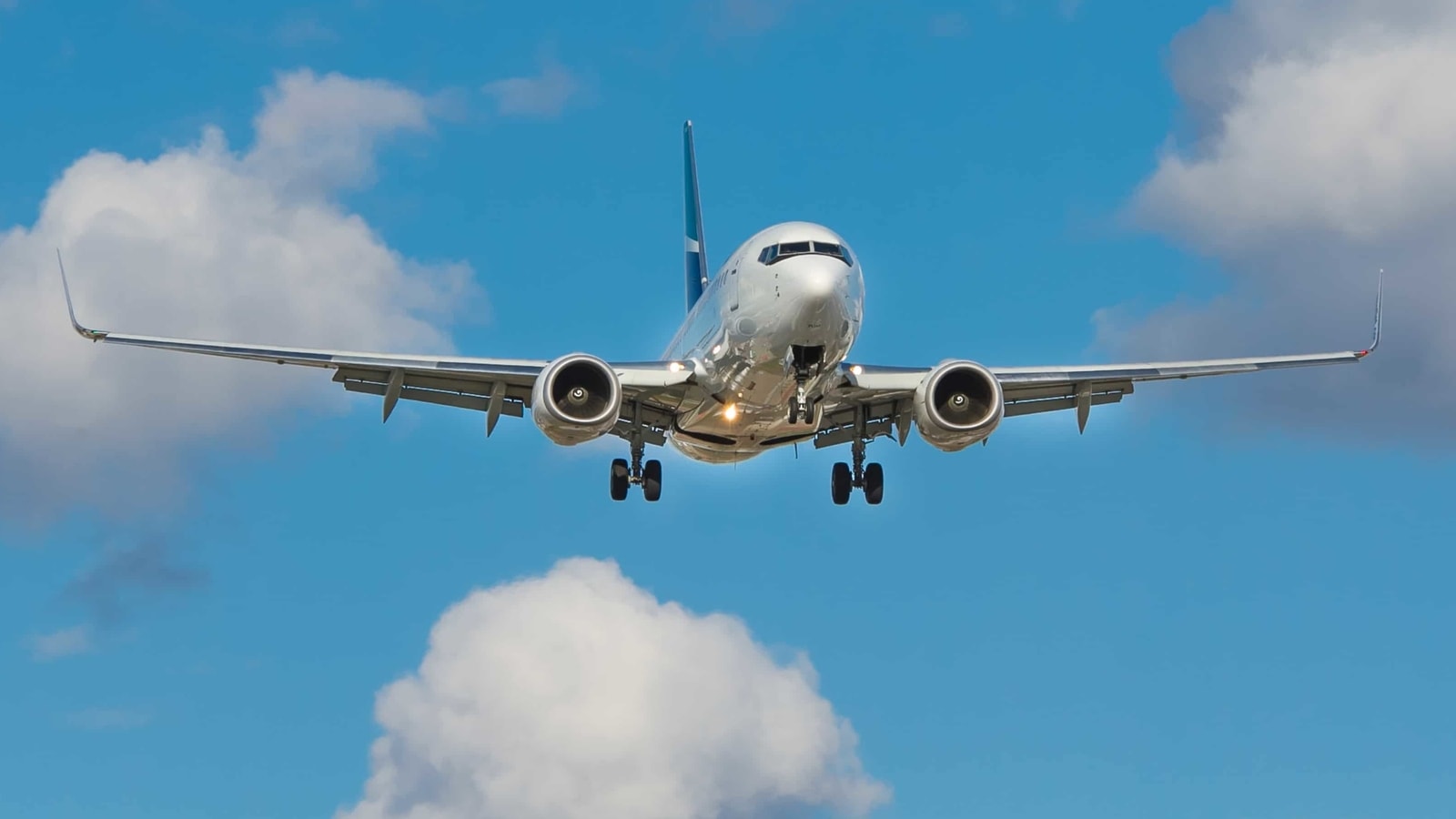
A Delhi High Court judge who observed passengers lower their masks on board during a flight from Kolkata to Delhi last week issued a set of guidelines empowering cabin crew to unload passengers who do not wear their masks correctly. . If the plane has already taken off, the judge ordered that action be taken against the delinquent passengers that could include permanently banning them from flying.
Judge C Hari Shankar also told the airlines to modify their onboard announcement. The judge said that they should not only remind passengers to wear their masks correctly, which they already do, but also highlight the criminal action that will follow if they do not adhere to protocol.
Judge Shankar had flown from Calcutta to Delhi on March 5 (Friday) and was dismayed at the lack of compliance with the Covid-19 protocol; primarily the rule that requires passengers to wear a mask that covers their nose and mouth at all times. Once he got home, the judge tried to find the official orders for the flyers, but had trouble locating them on the website of the aviation regulator, the Directorate General of Civil Aviation (DGCA).
He found some news reports about the rule that allows airlines to put travelers who don’t wear masks on a no-fly list.
On Monday, the judge learned suo motu of his experience and started a case that is being treated as a public interest litigation by the superior court.
“It was noted that, although all the passengers had worn masks, many passengers had worn the masks below the chin and showed a stubborn reluctance to wear their masks correctly,” the judge wrote in his eight-page warrant, detailing his experience.
“It was only in repeated pleas made (by me) to the offending passengers that they condescended to wearing their masks correctly,” the judge said, noting that when he asked the cabin crew why they did not enforce the rule, they claimed they were helpless. .
This situation, the judge said, was “completely inconceivable” at a time when the country is seeing a resurgence of Covid-19 cases. “The passengers of a flight are in a closed environment with air conditioning and, even if one of the passengers suffers from Covid, the effect on the other passengers could be catastrophic.”
The high court issued a set of seven guidelines for airlines, passengers and the aviation regulator.
- The DGCA will prominently display the protocols for passengers and flight crew on the home page of the website.
- All airlines must ensure that written instructions on the protocol to be followed by passengers are delivered along with the boarding pass. This should include the actions that could be taken against them in the event of non-compliance with the protocols. In-flight announcements that currently only require passengers to wear masks should be modified to include a warning about criminal action that could follow in the event of non-compliance.
- The flight crew can run checks to make sure all passengers are complying with protocol, including that requiring a mask to cover the passengers’ nose and mouth.
- If any passenger is not willing to follow the protocol before the flight takes off, the person must be unloaded without delay. If a passenger, despite being reminded more than once on a flight, refuses to follow this protocol, action must be taken in accordance with the guidelines, including placing passengers on a “no-fly” regime, either permanently or for a stipulated period, long enough.
- The DGCA may consider sending random observers on flights, without prior information, to ensure compliance.
- Strict compliance with all criminal provisions that could be imposed on delinquent passengers who refuse to comply with Covid protocols must be ensured. “There should be no relaxation in that sense.”
- The DGCA guidelines allow relaxation of the mask rules in exceptional cases. This relaxation, if necessary, should be allowed only in truly exceptional cases, such as for medical reasons.
.